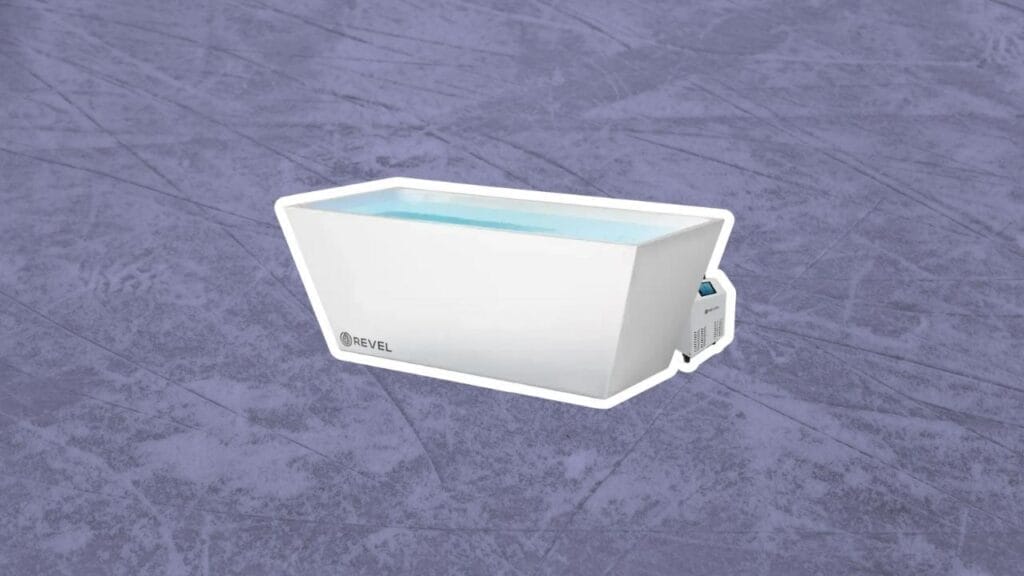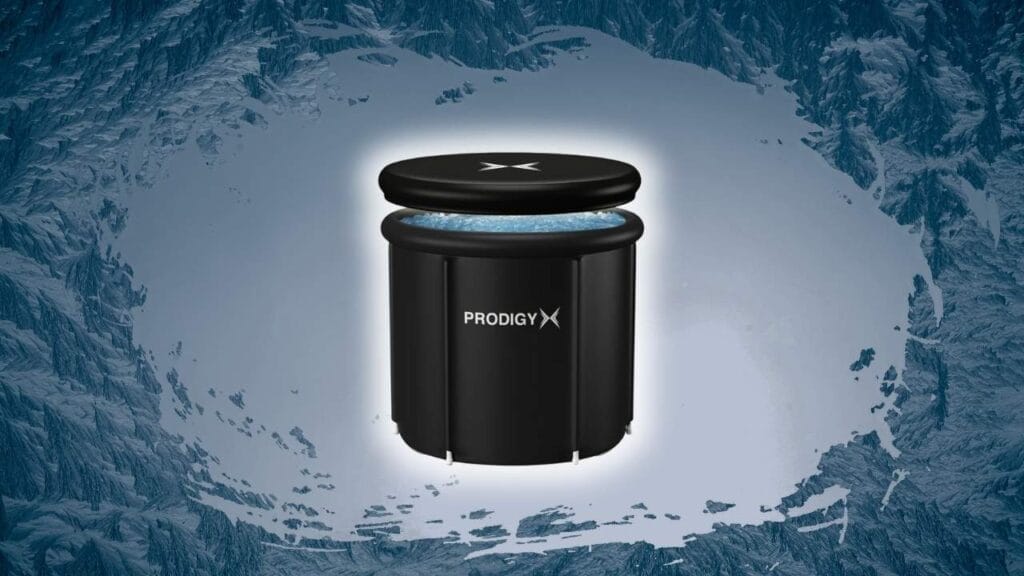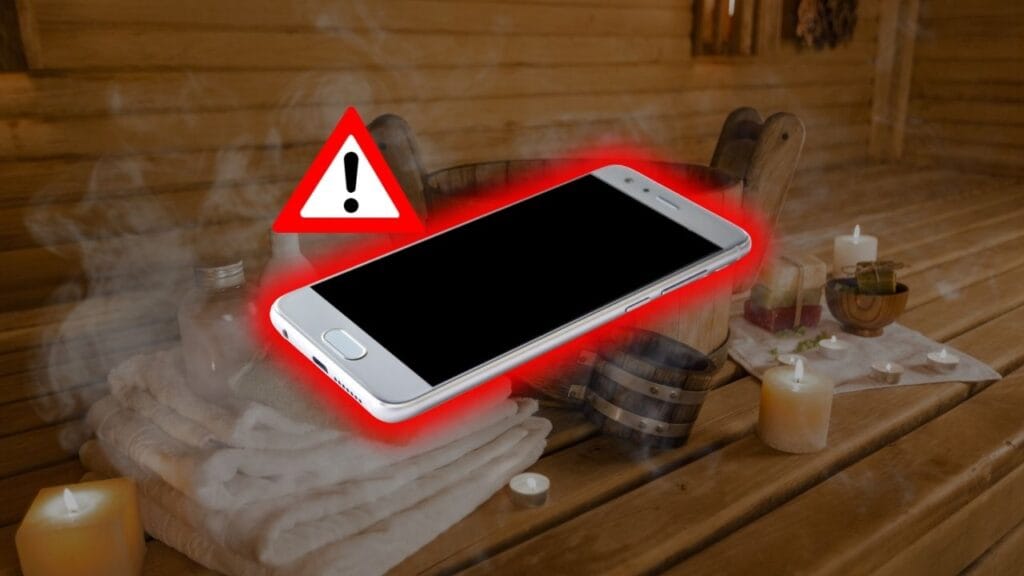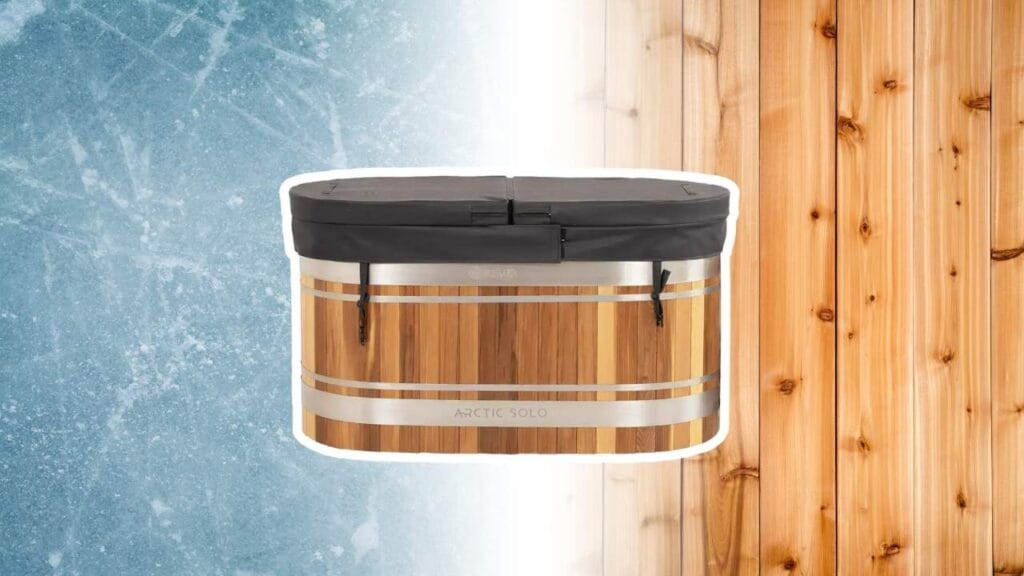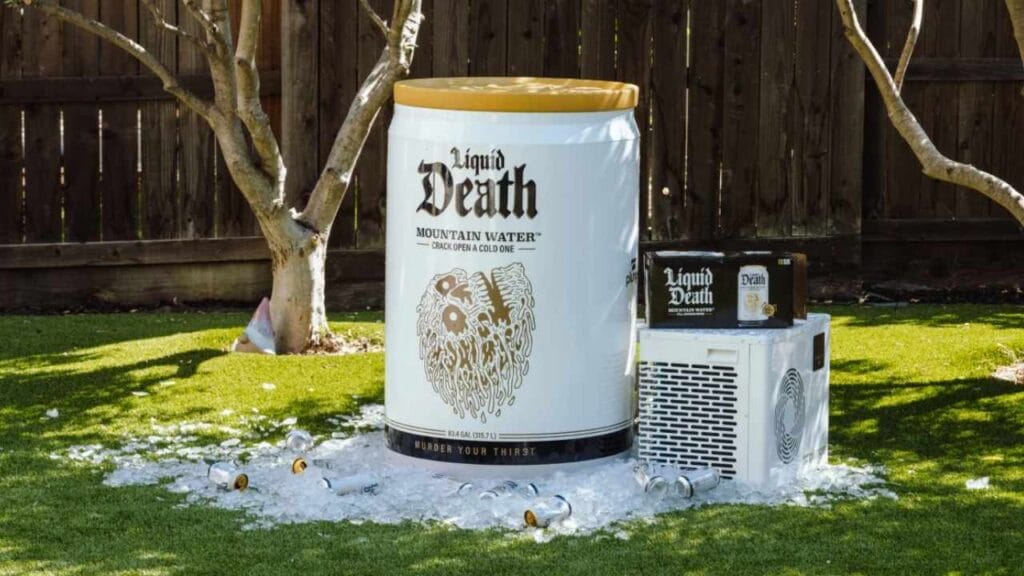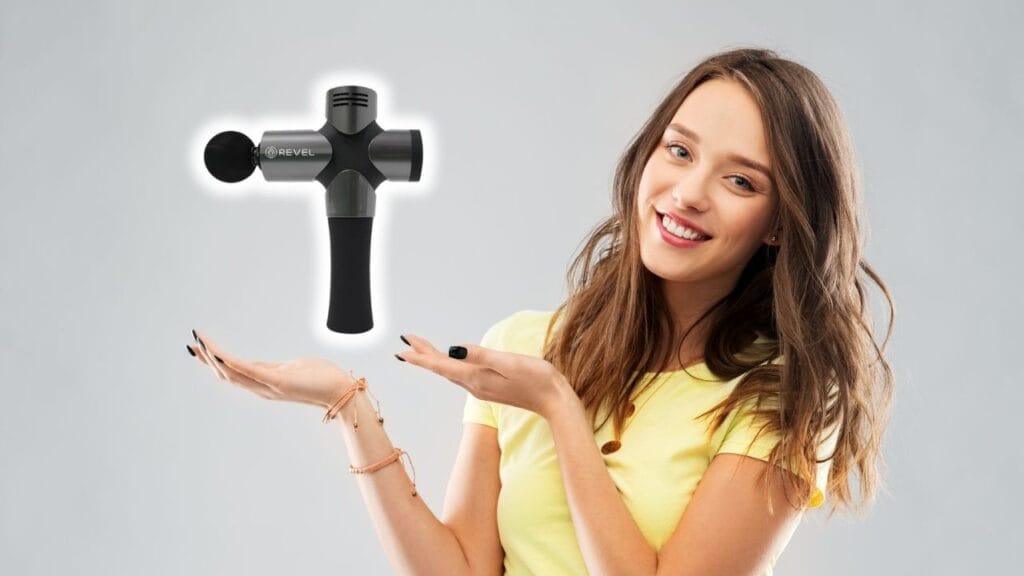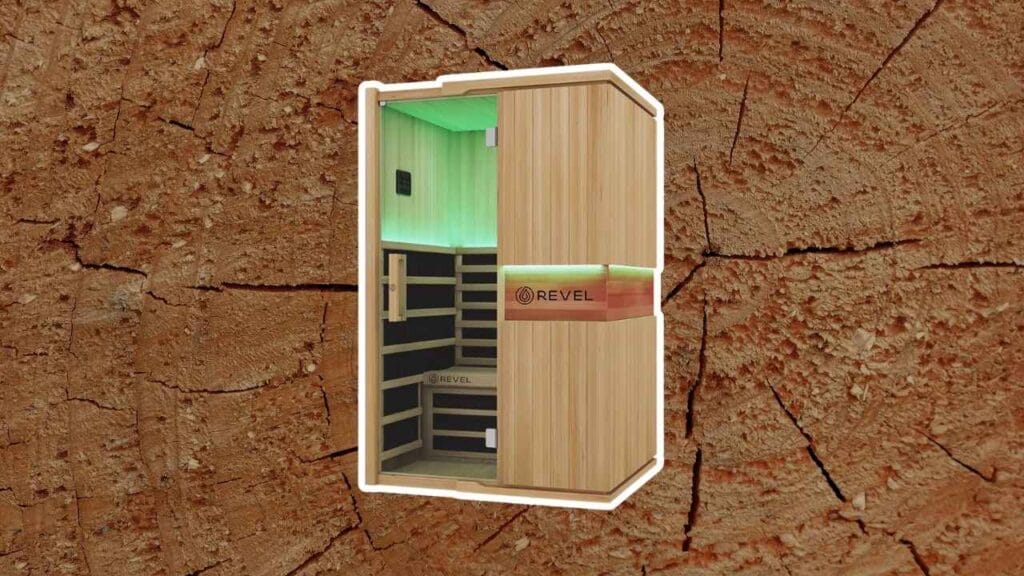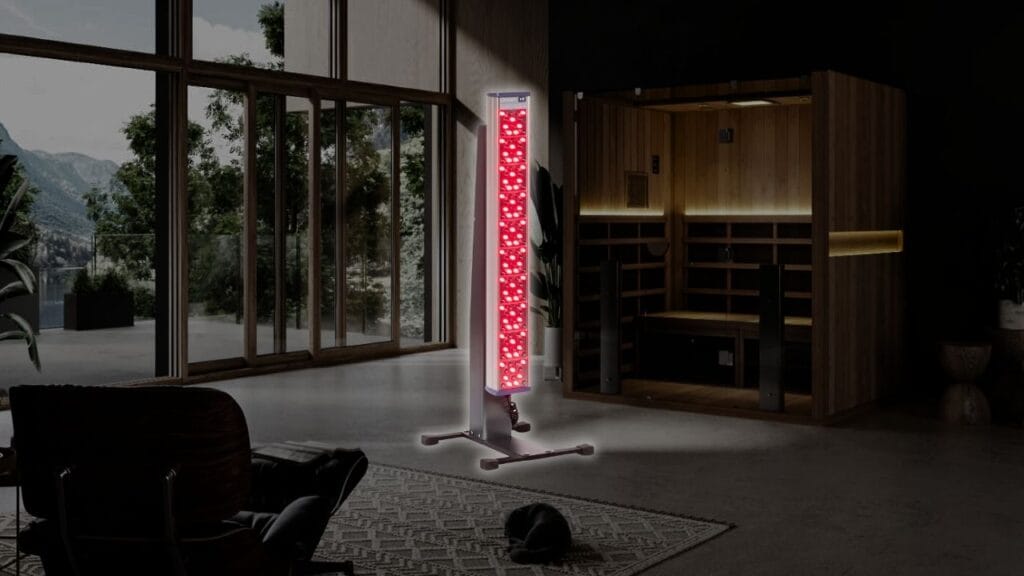Cold Plunge For Headache and Migraine Relief
We include links to products we think are useful for our readers. If you click and buy a product through one of the affiliate links on this page, we may earn a small commission.

Dealing with migraines or chronic headaches can be an arduous journey, as they can strike unexpectedly, last for varying durations, and inflict severe pain on sufferers. Many individuals seek a combination of treatments to alleviate these intense headaches, including medications, avoidance of triggers, and natural remedies.
Among the popular natural remedies, cold therapy in the form of ice packs, cold showers, taking an ice bath other localised cold remedies is commonly used to relieve headaches and migraines.
While scientific studies directly examining the efficacy of cold water immersion for migraines are still emerging, anecdotal reports from migraine sufferers suggest that this approach might offer some benefits.
How Ice Baths May Help Your Headache or Migraine
Multiple scientific article point to the usefulness of cold exposure or cold application as a potential complimentary treatment for symptoms of headaches and migraines. Although there is limited specific research of the effects of whole body cold water immersion for such treatment, below are some key ice bath benefits that may contribute to the effectiveness of a daily cold plunge for helping with migraines and headaches.
Reducing Stress
There is existing evidence supporting the use of cold water immersion for other health benefits, which could potentially extend to migraines. For instance, cold water immersion has been shown to reduce tension and stress levels. Stress is a common migraine trigger, and by promoting relaxation and reducing stress, cold water immersion may indirectly alleviate migraines in some cases.
Stress is a known trigger for headaches, including migraines. Cold water immersion has been shown to stimulate the Vagus nerve, which plays a role in the relaxation response. Activation of the Vagus nerve can lower heart rate and improve heart rate variability, leading to reduced stress and tension. By managing stress levels by way of vagus nerve stimulation, ice baths may indirectly contribute to headache relief.
Moreover, cold water immersion has been studied extensively for its potential to enhance recovery, reduce inflammation, and improve overall well-being. These physiological effects could also potentially benefit individuals experiencing migraines by alleviating associated symptoms such as pain and discomfort.
While further research is needed to fully understand the specific mechanisms and effectiveness of cold water immersion for migraine treatment, integrating ice baths into a comprehensive wellness routine may offer additional support for managing migraine symptoms, particularly those exacerbated by stress and tension. As always, consulting with healthcare professionals is essential to tailor treatments and strategies that best suit individual needs and health conditions.

Shop the Best Portable Ice Baths of 2024
See our top picks for portable inflatable cold plunge for home
Improving Sleep
Furthermore, cold water immersion has been found to improve sleep latency, enabling individuals to fall asleep faster and get better quality sleep. Given that poor sleep is another frequent migraine trigger, this improvement in sleep quality could also contribute to managing migraines.
While it is argued that cold therapy directly before bed, may be detrimental due to the temperature rebound, it is well known in sleep science that a trigger for a fast transition to sleep is a decrease in body temperature. Temperature, light and sleep hormones are some of the big factors in getting to sleep fast and staying asleep. When you take a cold shower or submerge the body in an ice bath tub for a few minutes your body temperature will dramatically decrease. This decrease in body temperature also releases beneficial hormones like melatonin, which can be beneficial for good sleep, according to research.
Cold showers or brief immersion in an ice bath can induce a rapid decrease in body temperature. This decrease not only aids in sleep onset but also promotes the release of beneficial hormones like melatonin, which plays a crucial role in regulating sleep-wake cycles. By supporting the natural production of melatonin, cold water immersion may further contribute to improved sleep quality, thereby potentially reducing the frequency and severity of migraines linked to poor sleep patterns.
While more research is needed to fully understand the specific effects of cold water immersion on sleep and its implications for migraine management, integrating these practices into a holistic wellness regimen shows promise in promoting both better sleep and overall well-being. Consulting with healthcare professionals can help tailor these approaches to individual needs and health conditions effectively.
Reducing Inflammation
Inflammation can be a factor in headaches and migraines. Cold therapy has been associated with anti-inflammatory effects. Inflammation can contribute to headache pain in certain cases and by practicing cold water immersion you may be helping to reduce inflammation in the head and therefore alleviate headache symptoms.
When inflammation occurs in the head, it can exacerbate headache symptoms by sensitizing nerves and causing pain. Cold water immersion works by constricting blood vessels and reducing blood flow, which can help to decrease inflammation and mitigate its effects on headache severity. This reduction in inflammation may provide relief for individuals suffering from headaches or migraines triggered by inflammatory processes.
Moreover, cold therapy has a localized analgesic effect, numbing nerve endings and reducing pain signals sent to the brain. This dual action of reducing inflammation and blocking pain signals makes cold water immersion a promising adjunctive therapy for managing headache symptoms, particularly those exacerbated by inflammation.
While more research is needed to fully understand the specific mechanisms of how cold therapy affects inflammation related to headaches and migraines, incorporating cold water immersion into a comprehensive treatment plan may offer additional relief and improve overall quality of life for individuals affected by these conditions. As always, consulting with healthcare professionals is essential to ensure that cold therapy is used safely and effectively in managing headache and migraine symptoms.
Contrast Therapy
Contrast therapy is another common way for people to incorporate a cold plunge practice into their recovery routine, and there a loads of anecdotal reports that point to contrast therapy benefits for headaches.
Contrast therapy is the practice of switching between bouts of cold exposure in an ice bath and heat exposure from a sauna. A common contrast therapy protocol is 15 minutes of sauna, followed by 2-3 minutes of cold plunge, repeated 3-4 rounds.
Contrast therapy has extremely powerful relaxation benefits. Physiologically, contrast therapy causes the body to experience periods of vasodilation from sauna, then vasoconstriction from ice baths. This process can have positive effects on altering pain signals which can bring relief from sore muscles, chronic pain symptoms and can also help to flush lymph fluid efficiently through the body which may be beneficial following exercise to reduce inflammation and swelling.
Through improving blood flow, contrast therapy may contribute to reducing the symptoms associated with headaches and migraines. In addition, the use of contrast therapy for improving sleep may cause a downstream benefit of reducing pain, increasing relaxation and feelings of wellbeing and again cause shifts in nervous state that would be helpful for headaches.
Frequently Asked Questions
The article discusses potential benefits of cold water immersion in reducing headaches and migraines, though more research is needed.
Cold therapy may reduce stress, improve sleep, and decrease inflammation, which are often linked to headaches.
Contrast therapy involves alternating between hot and cold temperatures, which could potentially aid in headache relief.
While promising, it is suggested as a complementary approach, with further research required to establish its efficacy.
Individuals should consider their overall health and consult a healthcare professional before trying cold plunge therapy.
Duration can vary; it’s important to start with shorter sessions and adjust according to personal tolerance.
It’s not suitable for everyone, especially those with certain medical conditions that are more severe.
It should be part of a broader treatment plan and not the sole method of relief.
This depends on individual response and tolerance; some may benefit from regular sessions.
Gradual exposure, monitoring body response, and ensuring safety measures are crucial.
Conclusion on Ice Baths For Headaches
While more comprehensive research is needed to fully establish the efficacy of cold water immersion specifically for migraines, the potential benefits of cold therapy, supported by its known advantages in stress reduction, improved sleep, reducing inflammation and athletic recovery, make it an intriguing complementary approach for managing migraines and headaches.
For any and all treatment for medical issues, it should be remembered that this is not medical advice nor a medical treatment for an illness or injury. For such advice you should consult a medical professional.
References:
Andersson, T., Ljunggren, G., Rundgren, S., & Strandell, T. (1999). Cold discomfort and work performance in agriculture. Applied Ergonomics, 30(5), 389-394. DOI: 10.1016/S0003-6870(99)00009-3
Seymour Diamond & Frederick G. Freitag (1986) Cold as an adjunctive therapy for headache, Postgraduate Medicine, 79:1, 305-309, DOI: 10.1080/00325481.1986.11699255
Buijze, G. A., Sierevelt, I. N., van der Heijden, B. C., Dijkgraaf, M. G., & Frings-Dresen, M. H. (2016). The Effect of Cold Showering on Health and Work: A Randomized Controlled Trial. PLoS One, 11(9), e0161749. DOI: 10.1371/journal.pone.0161749
Marika Falla, Alessandro Micarelli, Katharina Hüfner, Giacomo Strapazzon, The Effect of Cold Exposure on Cognitive Performance in Healthy Adults: A Systematic Review. Int J Environ Res Public Health. 2021 Sep; 18(18): 9725. Published online 2021 Sep 15. DOI: 10.3390/ijerph18189725




